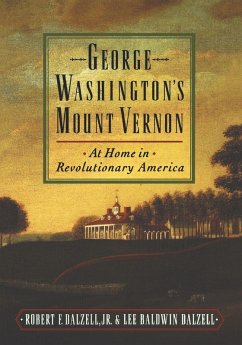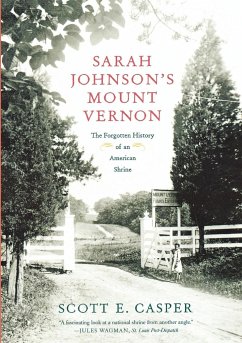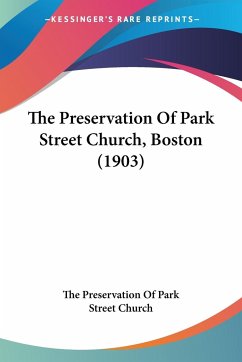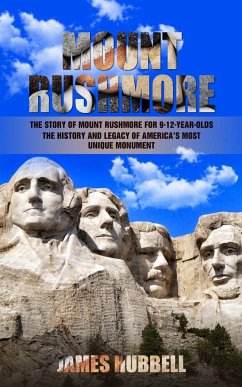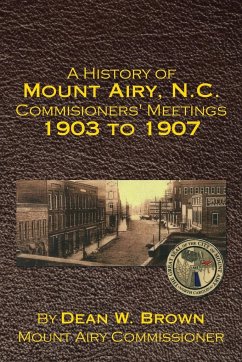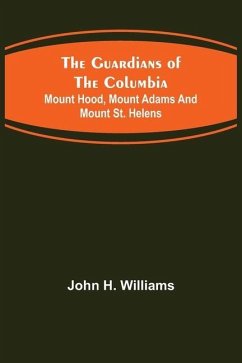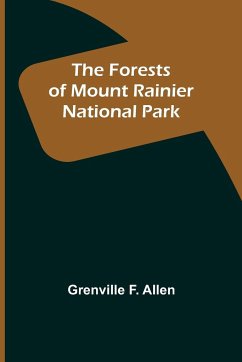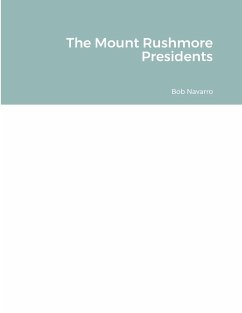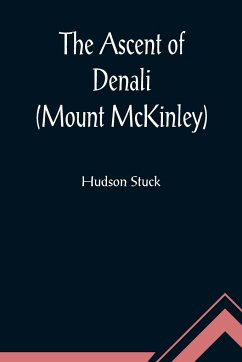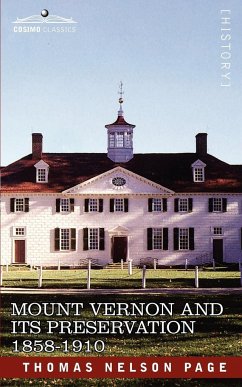
Mount Vernon and Its Preservation
1858-1910
Versandkostenfrei!
Versandfertig in 1-2 Wochen
20,99 €
inkl. MwSt.

PAYBACK Punkte
10 °P sammeln!
On the western bank of the Potomac, not far from Washington D.C., a dignified old Virginia mansion stands upon a high bluff: Mount Vernon, home of George Washington, American Founding Father and the nation's first president. This 1910 work is a respectful and reverent history of Mount Vernon in Washington's day and since, written by the popularizer of the "plantation tradition" of Southern literature, which idealized the slavery-era South. A curious document of a bygone age, this attractive replica of the original 1910 edition, originally published by the Mount Vernon Ladies' Association of th...
On the western bank of the Potomac, not far from Washington D.C., a dignified old Virginia mansion stands upon a high bluff: Mount Vernon, home of George Washington, American Founding Father and the nation's first president. This 1910 work is a respectful and reverent history of Mount Vernon in Washington's day and since, written by the popularizer of the "plantation tradition" of Southern literature, which idealized the slavery-era South. A curious document of a bygone age, this attractive replica of the original 1910 edition, originally published by the Mount Vernon Ladies' Association of the Union, will delight armchair historians and fans of grand old homes. American author THOMAS NELSON PAGE (1853-1922), of the Nelson and Page "First Families" of Virginia, is also the author of the short story collections In Ole Virginia (1887) and The Burial of the Guns (1894).



